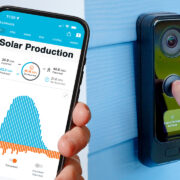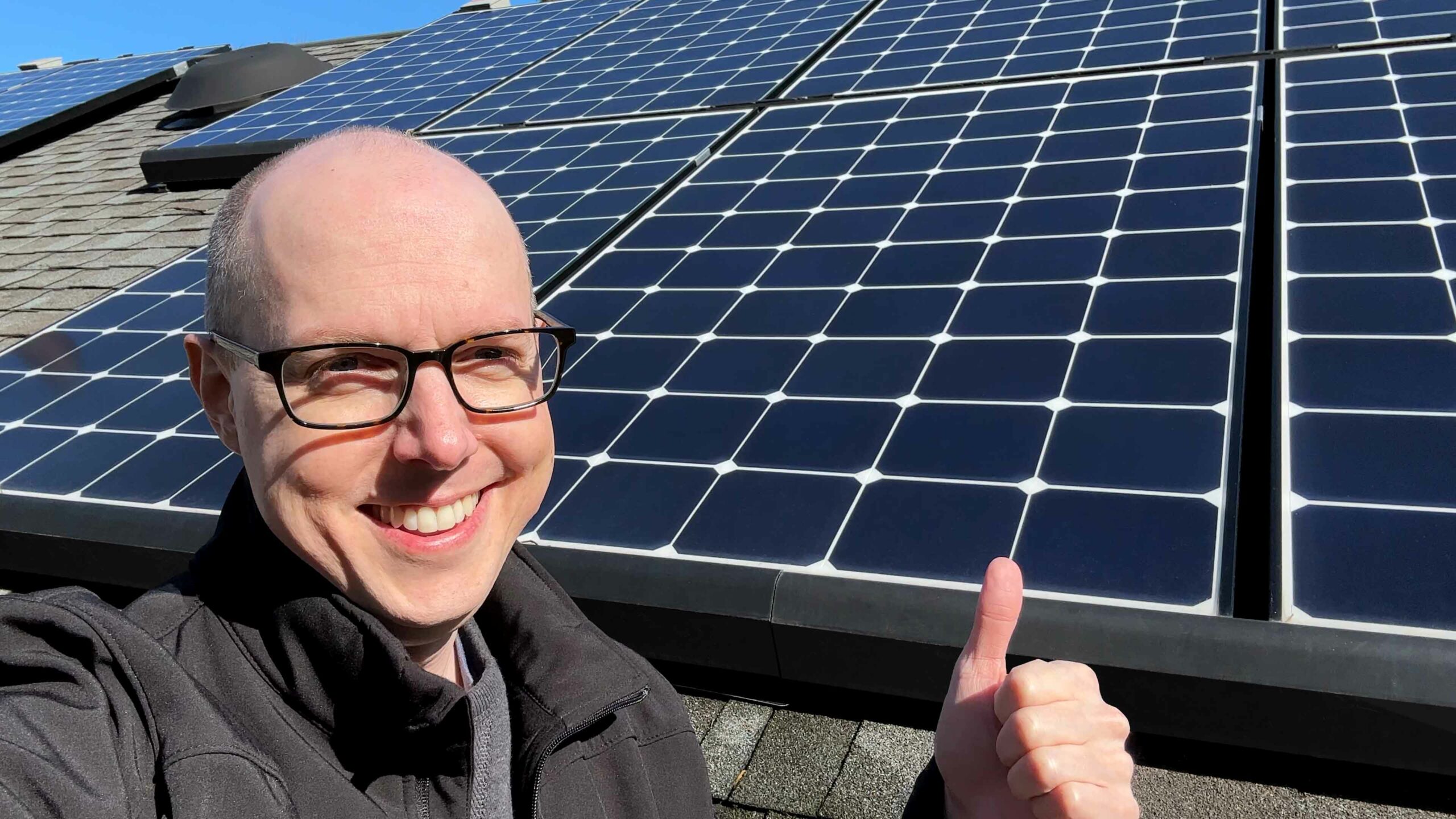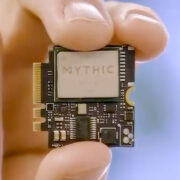As some of you already know, I’m a big fan of voice assistants and home automation. I’ve done several videos on Amazon, Google, and Siri, as well as use all of them pretty much every day. That is … until now. This has been a long time coming, but I’m sorry Amazon … it’s time for us to go our separate ways. Why? Let’s get into it.
But before we do take a moment and hit the subscribe button, so you don’t miss out on future videos like this one. I’m Matt Ferrell … welcome to Undecided.
So why am I breaking up with Amazon Alexa? There’s a couple of reasons. The first one though isn’t because an Echo is an always on listening device, which I know is a dealbreaker for some people. For me, it’s clearly not. It comes down to how my personal data is protected and handled.
Last year a report came out that a user in Germany requested his personal data from Amazon. What he got was access to 1,700 audio recordings of someone he didn’t know.1 Oops.
At the beginning of this year a series of reports came out that Ring smart cameras and doorbells, which are owned by Amazon, might have been snooped on by employees. From The Intercept’s report:2
Ring provided its Ukraine-based research and development team virtually unfettered access to a folder on Amazon’s S3 cloud storage service that contained every video created by every Ring camera around the world.
And even worse than that:
At the time the Ukrainian access was provided, the video files were left unencrypted, the source said, because of Ring leadership’s ‘sense that encryption would make the company less valuable,’ owing to the expense of implementing encryption and lost revenue opportunities due to restricted access.
And now we have reports that a team of contractors hired by Amazon have access to a small sampling of user recordings. That in of itself isn’t shocking because humans need to review and annotate the accuracy of what Alexa thinks is being said. In fact, it’s somewhat standard practice for all of the services, but some of the Amazon contractors have access to latitude and longitude information from when you registered your Amazon device. That means they can tie the recording back to your home address.3 Those recordings should be anonymized from the reviewers so they can never be tied back to a specific customer.
Let’s compare how Amazon, Google, and Apple handle the voice recordings they collect. It’s an enlightening comparison.4
As we’ve already established, Amazon uses a group of contractors for reviewing and annotating a small sampling of voice recordings to improve the product. Employees aren’t supposed to have direct access to identifying information, but they do have access to account numbers, first names, and device serial numbers. Even though Amazon’s website states that they don’t store Echo data unless the magic wake word is used, it sometimes does record audio files from false wake moments. Anyone with an Echo has experienced this when something on your TV causes that familiar light and chime to go off. According to one report:
Sometimes listeners hear users discussing private details such as names or bank details; in such cases, they’re supposed to tick a dialog box denoting “critical data.” They then move on to the next audio file.5
Turns out that the human reviewers are transcribing those “wake wordless” recordings too anyway.
Whether or not the activation is mistaken, the reviewers are required to transcribe it. One of the people said the auditors each transcribe as many as 100 recordings a day when Alexa receives no wake command or is triggered by accident.6
Google also uses a very small sampling of audio recordings that get reviewed for accuracy. But unlike Amazon, the recordings aren’t associated with any personally identifiable information. The transcriptions are also primarily automated and not done by Google employees. When they need to use one of their third-parties to review the data, they typically only provide the text and not the audio. To top it off, Google says that they distort the audio to help mask voices.7 Google is also moving towards not needing a human for labeling at all. Their Tacotron 2 text to speech system can generate voice synthesis models from spectrograms alone. And Wavenet can use audio waveforms.8 As the technology gets better, they’ll need less human intervention because these systems can analyze the words being said with greater accuracy.
And finally with Apple, they have an interesting approach to maintaining privacy of their users. Just like Amazon and Google, they also use humans to review and label a small sampling of Siri data. Those samples are encrypted and anonymized and never associated with user identifiable information. The human reviewer doesn’t even receive the users’ random identifier, which refreshes every 15 minutes. Recordings have that identifier permanently stripped from the recording after 6 months, but they keep the recording to help improve Siri’s voice recognition.
So of the three it appears that both Google and Apple are taking greater steps to anonymize and protect our privacy. Apple has even released an extensive white paper on exactly what they’re doing.9
So what’s the second reason for my Amazon Alexa breakup? Well, I’ve found both Google Assistant and Siri to be easier to use with better natural language recognition. You don’t have to phrase your request or question in a very specific structure. Especially with Google, which is the best of the three. Combine that with the fact that the majority of what I use voice assistants for now work across all three. There’s no compelling Amazon Alexa only feature that’s a must have for me anymore.
In my kitchen I have a Sonos One with Alexa enabled and a Google Home Hub that I picked up last fall. I use the Google Home Hub all the time now for everything in the kitchen. Not only does it have better natural language recognition, but the screen is a great addition. Being able to see timers that we set as we’re cooking, or seeing a news report, or the weekly weather report in addition to hearing about today’s weather. It’s quickly become my go to device in the kitchen.
Final thoughts
So … again … Amazon Alexa, I’m sorry. But I can’t honestly say it’s me and not you. It really is you. We’re just not a good fit anymore, but I hope we can be friends. Maybe … some day … who knows.
And as you can probably tell, I’m still perfectly comfortable with smart speakers in my home. This is actually one of the reasons that I bought Sonos One speakers. They’re platform agnostic and support Apple’s Airplay, Amazon Alexa, and sometime this year, Google Assistant. As soon as Google Assistant is available, I’ll be switching my Sonos speakers over.
I know and understand how these always listening devices work and have no problem with them, but the service I’m using better do a good job to ensure my private data remains private. Not just putting policies into place to make accessing my information against the rules, but also make it so employees simply can’t access it even if they wanted to.
1: The Amazon Alexa eavesdropping nightmare came true
2: The Intercept report on Ring snooping: Amazon Ring Security Camera
And Wired on the same topic: Employees may have snooped on ring security camera feeds
3: Amazon’s Alexa reviewers can access customers home addresses
4: How Amazon, Apple, Google, Microsoft, and and Samsung treat your voice data
5: Amazon workers listen to alexa
6: Amazon workers listen to alexa
7: Amazon workers listen to alexa
9: Apple’s approach to privacy
Additional articles: http://www.buzzfeednews.com/article/nicolenguyen/amazon-employees-listening-to-alexa-echo-recordings

















Comments